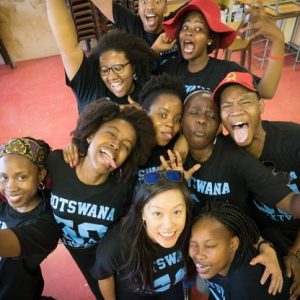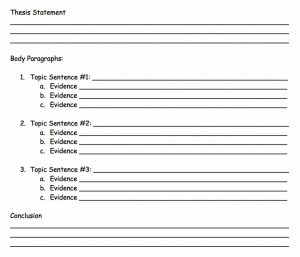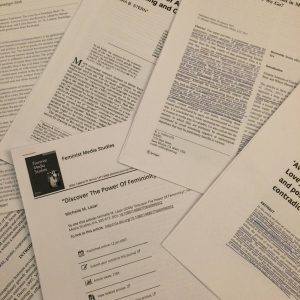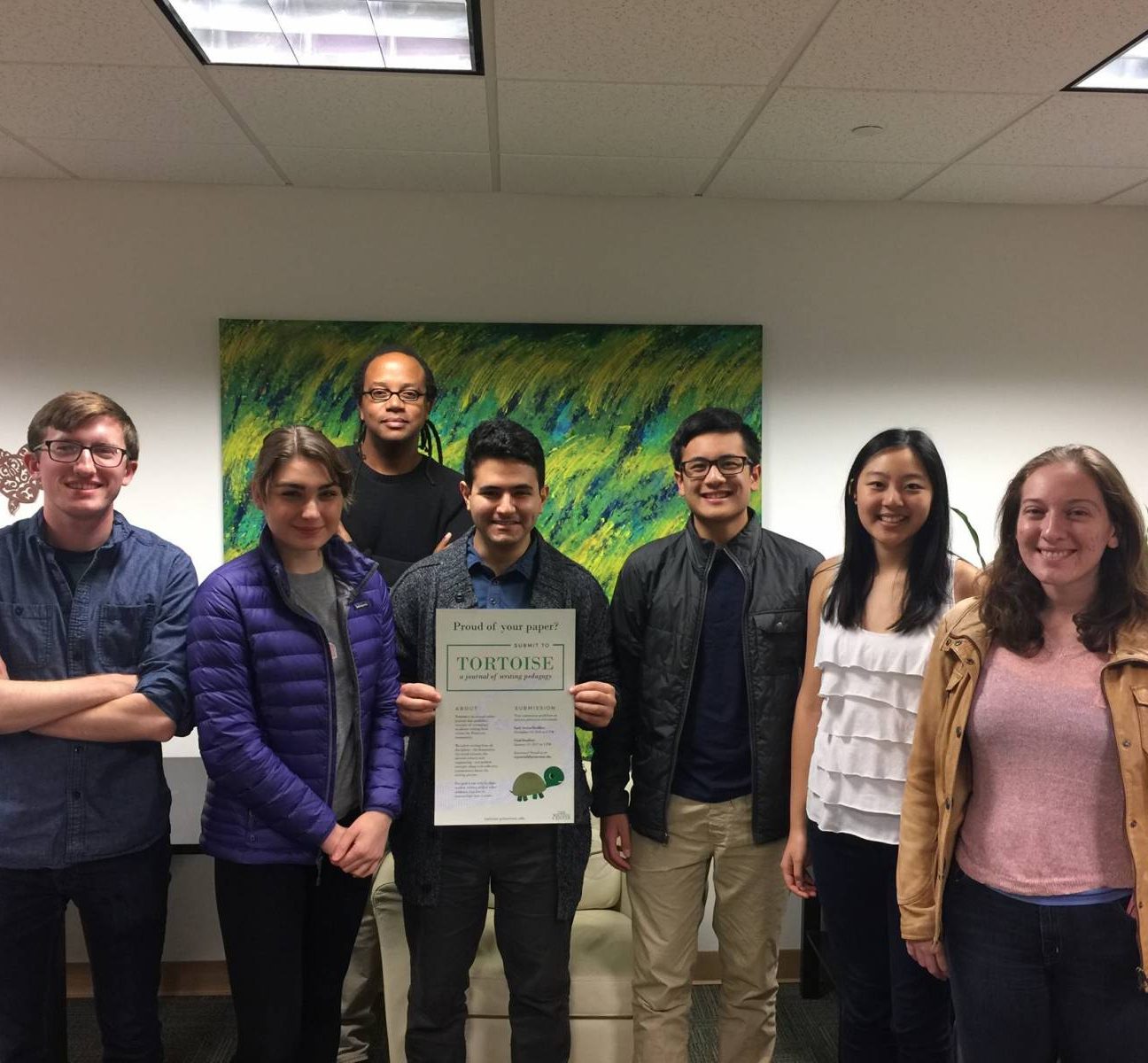This semester, each PCUR will interview a Princeton alumnus from their home department about his/her experience writing a senior thesis. In Looking Back on Undergraduate Research: Alumni Perspectives, the alumni reveal how conducting independent research at Princeton influenced them academically, professionally and personally. Here, Dylan shares his interview.
~~~~~~
When I learned that Shayla Reid ’15 was in New Jersey for her winter break, I jumped on the opportunity to interview her for this blog. She currently works as a Fellow through Princeton in Africa at Young 1ove, an organization in Gaborone, Botswana that implements health and education programming for youth. A Spanish and Portuguese concentrator at Princeton, she was one of the people who convinced me to major in the department. And now, as I began to write my own thesis, I was excited to get her insights.

Shayla’s thesis — “Mulher como protagonista”: Women’s Experiences with Parto Humanizado in São Paulo, Brazil — dealt with childbirth in Brazil, particularly the country’s high C-section rate. Though surgical intervention is only necessary when complications arise, in Brazil nearly 60-70% of all births in public hospitals are C-sections, and upwards of 90% in private ones. Though she was interested in the cultural reasons behind the high C-section rates, she also sought more personal experiences. Thus, as a Princeton Brazil Global Fellow, she spent the summer of 2014 in São Paulo. Paired with an adviser at the local university, she began to visit women’s health groups, interviewing women to see how they navigated the health care system in order to achieve fulfilling childbirth experiences.
Continue reading Looking Back on Undergraduate Research: A Conversation with Shayla Reid ‘15










